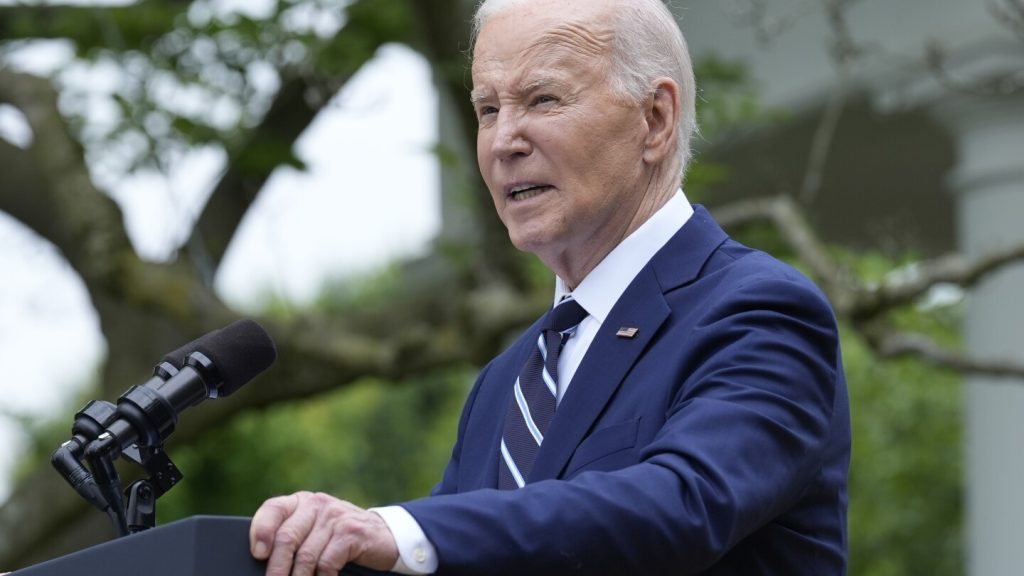The White House has announced new tariffs on Chinese electric vehicles and batteries, solar cells, medical equipment, steel, and aluminum, among other goods. These tariffs are intended to protect U.S. jobs and manufacturers from what the administration deems as unfair competition from China. The tariffs will be phased in over the next three years, with some not taking effect until 2026. The Biden administration argues that Chinese government subsidies give Chinese companies an unfair advantage in global trade.
For the U.S. auto industry, the tariffs will have a significant impact on electric vehicles. Tariffs on EVs from China will increase from 25% to 100% this year, with concerns that heavily subsidized Chinese EVs could flood the U.S. market. This move is seen as a way to prevent the U.S. from becoming a dumping ground for Chinese EVs. The impact may be felt more immediately in the EV battery sector, where China dominates the mining and processing of critical minerals used in these batteries.
The solar industry is also expected to see a rise in prices due to the new tariffs. The tariff rate on solar cells will increase from 25% to 50% in 2024. The White House argues that China’s unfair practices have allowed them to dominate the global solar supply chain, undermining investments in solar manufacturing outside of China. The Solar Energy Industries Association commended the Biden administration for supporting U.S. solar and storage manufacturing but some critics, like Colorado Governor Jared Polis, see the tariffs as a setback for clean energy.
Tariffs on steel and aluminum products will triple in some cases, with rates increasing to 25% in 2024. China controls over 50% of global production of steel and aluminum, making its products among the most carbon-intensive. While the exact impact of these tariffs is uncertain, they are expected to create some costs for the U.S. economy. However, they could also incentivize new investments in U.S. supply chains for these products, according to experts.
The tariffs will also affect the medical industry, with rates on syringes, needles, personal protective equipment, and medical gloves set to increase in the coming years. The Biden administration argues that these tariffs will bolster health and national security by ensuring domestic supplies of crucial medical equipment. While some experts believe that prices may rise due to the tariffs, they see it as a necessary measure to prevent future supply bottlenecks during a pandemic.
Overall, the imposition of these new tariffs on Chinese goods reflects the ongoing tensions between the U.S. and China over trade practices and economic competition. While the Biden administration aims to protect American industries and jobs, China has expressed its concerns over the impact of these tariffs on bilateral cooperation. The long-term effects of these tariffs remain to be seen, but they are likely to have significant implications for various sectors of the U.S. economy in the years to come.


